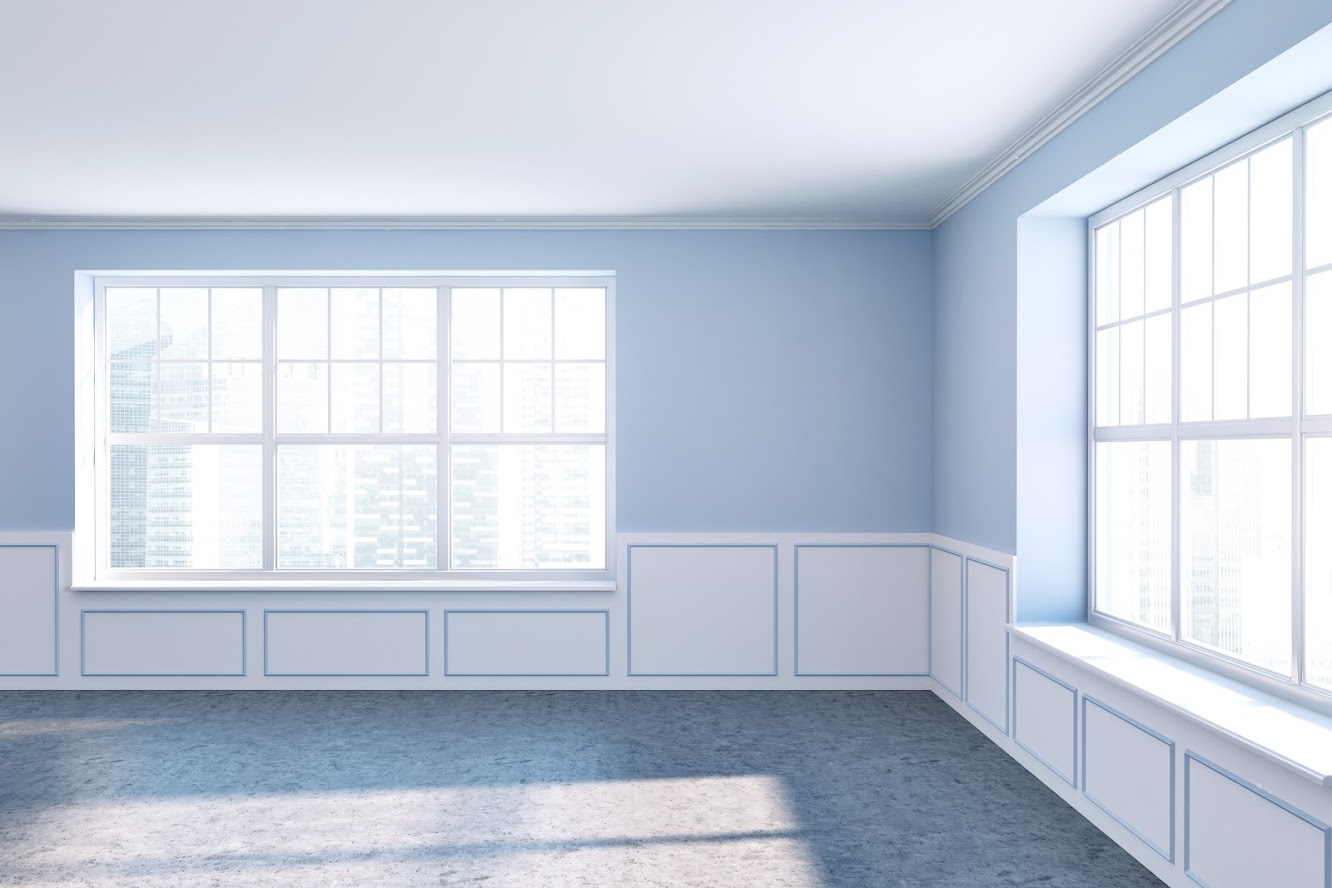
You can assess the quality and functionality of a home’s windows just by observing the temperature around the windows and by testing the windows to see how they open and close.
Being able to identify problems with the home’s windows can help you with the home-buying process.
Before you buy a home, you’ll want to assess the condition of the windows. Good windows allow light to enter the home while preventing external temperatures from affecting internal comfort. Poorly maintained or poorly installed windows can have a dramatic impact on the quality of life inside the home.
1. Stuck Windows
Stuck windows can indicate a number of problems. Sometimes wooden windows get stuck when the wooden frames become swollen with moisture. This is a common problem in times of high humidity.
Stuck windows could also be a sign of foundation problems. As the home settles and the foundation becomes warped, changes in the window frames occur. Foundation problems cannot be fixed by replacing the windows.
To determine if the warping is caused by foundation problems, look for other signs of foundation trouble, like a cracked foundation and cracks on the inside walls. To be certain that the home has a foundation problem, contact a structural engineer.
2. Mold or Water Damage Along Casings
Interior leaks can occur around improperly sealed or installed windows. Leaks can also occur because of damage to the siding, a roof leak, or even a plumbing leak. Sometimes mold and mildew will gather around windows because condensation in winter causes water to gather on the inside of the window.
Mold and mildew can cause respiratory and broader health problems. People who live in homes where mold is present may need to pay for expensive remediation. Find out the cause of the mold problem before the close of escrow. The problem may require a simple fix, like the use of a dehumidifier in the home, or the problem may be more extensive.
3. Drafts or Excessive Heat Near Windows
Drafts and excessive heat near windows occur for a variety of reasons. Windows that don’t seal tightly can benefit from good weather stripping and applications of caulk. Weather stripping is an easy fix, but you’ll want to be sure that single-pane windows aren’t the real cause of the problem.
Single-pane windows were common a long time ago, but not today. Single-pane windows are known to be energy inefficient. They contribute to solar heat gain in the summer and chills in the winter.
If you buy a home with single-pane windows, you could spend the next several years running your air conditioner or heater a lot just to keep your home at a comfortable temperature. You might be able to control some of this problem by installing a window film, like low-E coating, or you may need to replace the windows altogether.
Talk to your real estate professional about negotiating a lower price for the home. If you’re going to have to replace your windows shortly after moving in, you’ll need the money to get the job done.
4. Poorly Maintained Old Wood Windows
A long time ago, wood windows were standard in homes. Some older homes still have their original wood windows.
Wood windows are beautiful, and they can also be energy efficient if they’re properly maintained. Wood windows that have not been properly maintained can experience a variety of problems, including wood rot and drafts. In some cases, old painted wood might even be a source for lead-based paint, which could require remediation.
If the home you’re thinking about buying has wooden windows, inspect them for the following:
- Soft or discolored wood
- Windows painted shut
- Peeling paint or lack of varnish
With enough time and money spent on repairs, you may be able to repair windows with these problems. Talk to your real estate agent to find out if the sellers will make repairs before the close of escrow. If not, you may need to negotiate a lower price for the house.
5. Foggy Windows
Dual-pane windows contain air or gas between the panes. They’re sealed shut to ensure that they are energy efficient. When the windows begin to deteriorate, moisture intrusion between the panes can cause the windows to become foggy.
If some of the windows in the home are foggy, more problems may soon follow. In addition, fixing foggy windows can be expensive, and the problem may spread to other windows as they age.
If you’re concerned that the windows in the home you are thinking about buying are in poor condition, have them inspected by a professional window installer. Your window installer can help you decide what needs to be done to the windows, which could help you with the home-buying process.
For more information, contact Valley Glass. We’ll be happy to answer your window-related questions.


Leave a Reply